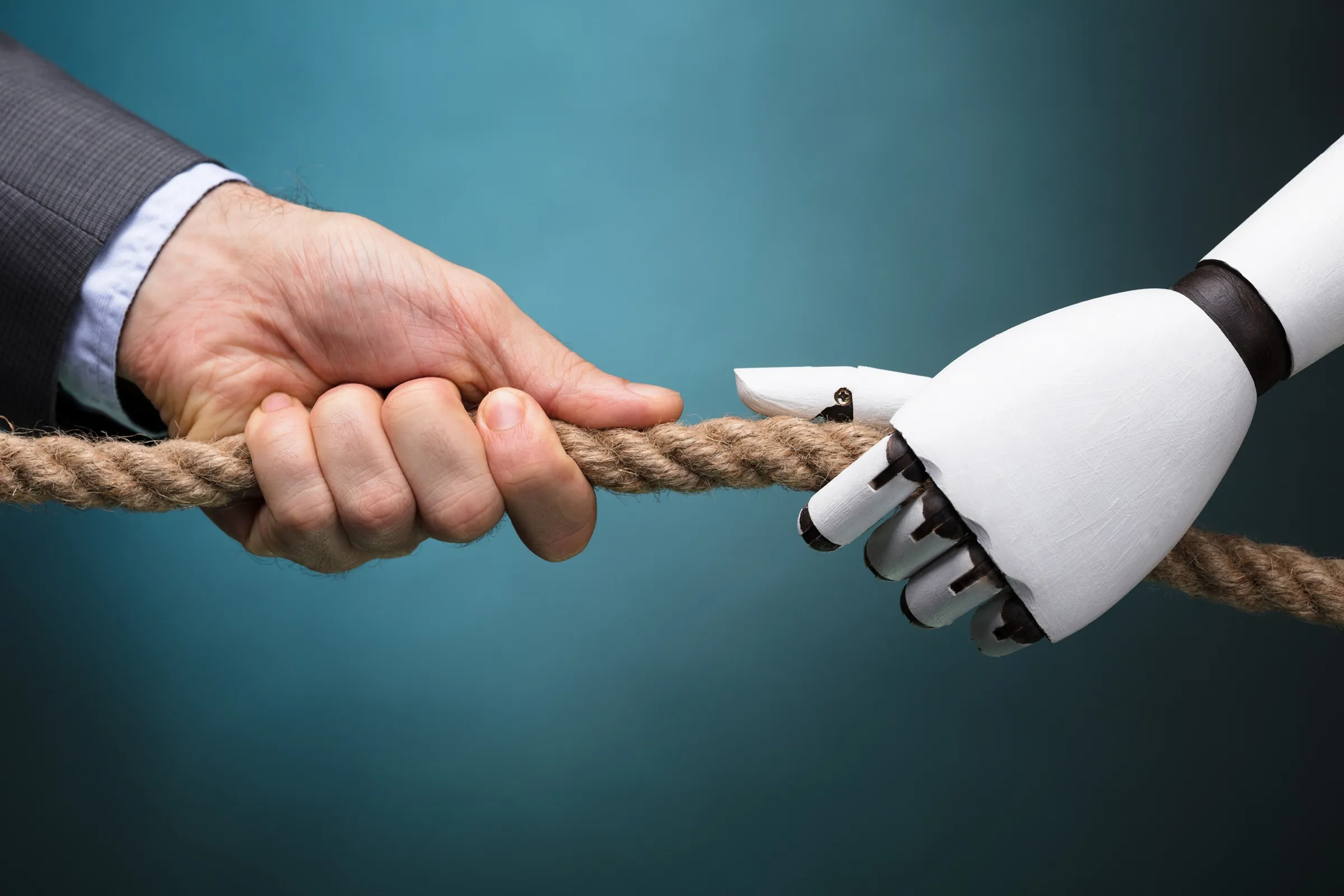The dangerous explanatory monopoly of science

During ESO, some teachers, who are responsible for advising us about our future, divided us into two groups: Fools and smart ones. The split wasn’t quite so overt, though we all knew which group we were in. There was a criterion: if you got good results in math, you had to choose a science or technology path, that’s pride; If your results were not good in this matter, the course was to leave ESO by unit or technical or human baccalaureate. This early anatomy largely determined the future of every teenager, if we look at it this way, Sounds like some kind of scientific Darwinism: only a good mathematician would have job prospects.
No one in their right mind would deny the limitless benefits that science and technology provide us with, but rarely do the most relevant aspects of life gain control over the results. Science and technology improve the material conditions of existence, although they are most effective if the intention is to destroy them. In any case, they remain silent when they ask how do I want to live? This question cannot find an answer in any discipline, the answer is very personal and variable, but the humanities and the arts face this question.
“Science can inspire us as a method or tool for figuring out how to control the environment, but to give it an interpretive monopoly on what we call human would be dangerous, even absurd.“
An artist’s work can inspire us into the horizon of meaning that motivates our decisions. Someone told me after watching the play Marat / Sad He decided to divorce his partner, another person told me he traveled the world after reading Joseph Conrad. The question of the meaning of existence is not resolved after reading or visiting a museum, but it forces us to question what they felt, what their fears were, and thus, encourages us to ask ourselves how we want to live. If the humanities and the arts had as specific a purpose as science and technology, it would be to question our emotional and moral beliefs.. Such a goal cannot be guaranteed, but behind a work of art lies the promise of self-reflection (if you do not confuse the humanities and the arts with harmless entertainment).
Science can inspire us as a methodology or tool for figuring out how to control the medium, but to give it an interpretive monopoly on what we call human would be as dangerous, even absurd, as buying a next-generation mobile phone thinking it will contain the agenda of the close friends of those who call us when we’re bad. Or we want to have fun. The mobile phone is a very useful tool, but the people we connect with are determined by the values we share. On the contrary, it would be absurd that a surgeon who has to operate on us does not have the knowledge and skill to do so, and instead tells us about the paradoxes we feel when we are in love.
“We live in a time that inflames the value of tools as if they, by themselves, could offer vital meaning“
According to Max Weber, Only the humanities and the arts confront us with the question, “What do I want to do with my life?”. The rest of the knowledge is useful, and this instrumental character makes life possible, but it does not mean it. in Science as a messageWeber wrote: “All the natural sciences answer the question of what we must do if we are to master life technically. The earlier questions of whether we should, deep down inside, attain this mastery and if this mastery are logically left aside or, simply, answered in the affirmative in advance ».
Many of the professors responsible for guiding their students seem to answer in the affirmative in advance. Many may not have realized that they are largely reproducing a capitalist logic that puts scientific and technological performance and productivity ahead of the task of understanding themselves. A lot of times this activity is something special, but if the teachers provide nothing more than data and tools to pass it on, At what point does the student acquire a critical ability and an alternative explanatory view of the world in which we live?
We live in a time that inflames the value of tools as if they, by themselves, could offer vital meaning. We take a plane not just for the pleasure of flying (although there really are commercial flights that do not go anywhere), on the contrary, we buy a flight because we want to discover a new culture, go on vacation or visit a loved one. The purpose of the trip cannot be reduced to the tool that brings us closer to what we want. The confusion that we experience between means and ends is related to this educational heritage of choosing the wonderful to provide beneficial benefits, and contempt for the existential questioning that the humanities and the arts present to us. If we interpret life under the monopoly of science, man will be translatable into a mere subject of a field, acting as unproductive and ineffective as love, and will be reduced to measurable standards of material benefits.

“Award-winning zombie scholar. Music practitioner. Food expert. Troublemaker.”


/cloudfront-eu-central-1.images.arcpublishing.com/prisa/AHVYMMDSTZDTDBFNZ3LMFUOKNE.jpg)








